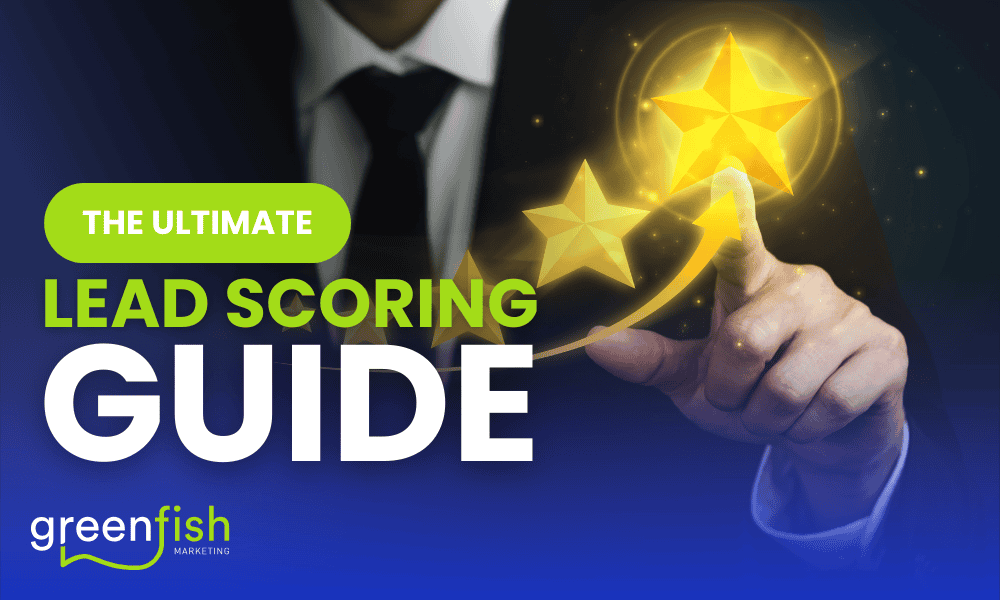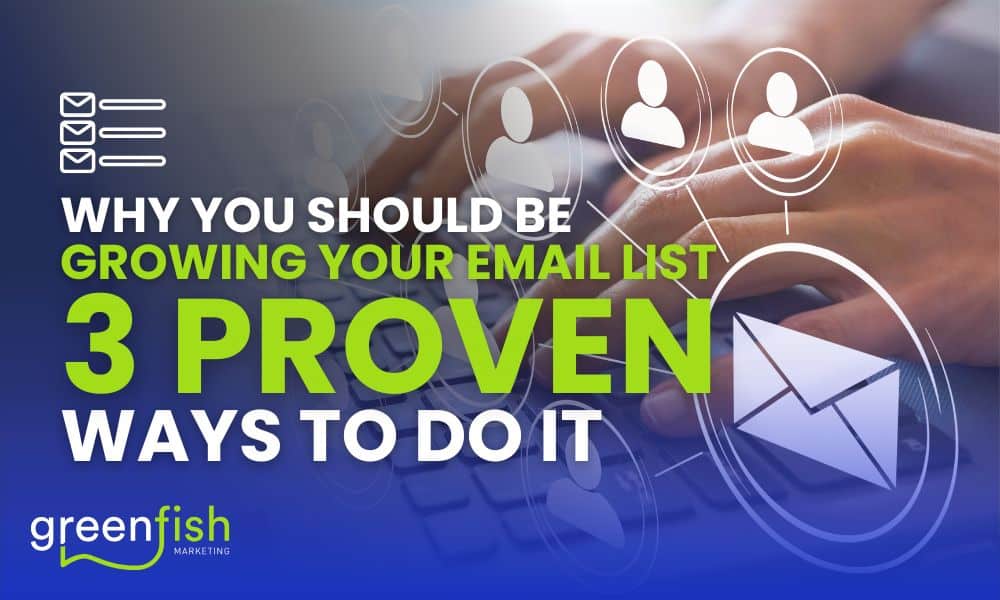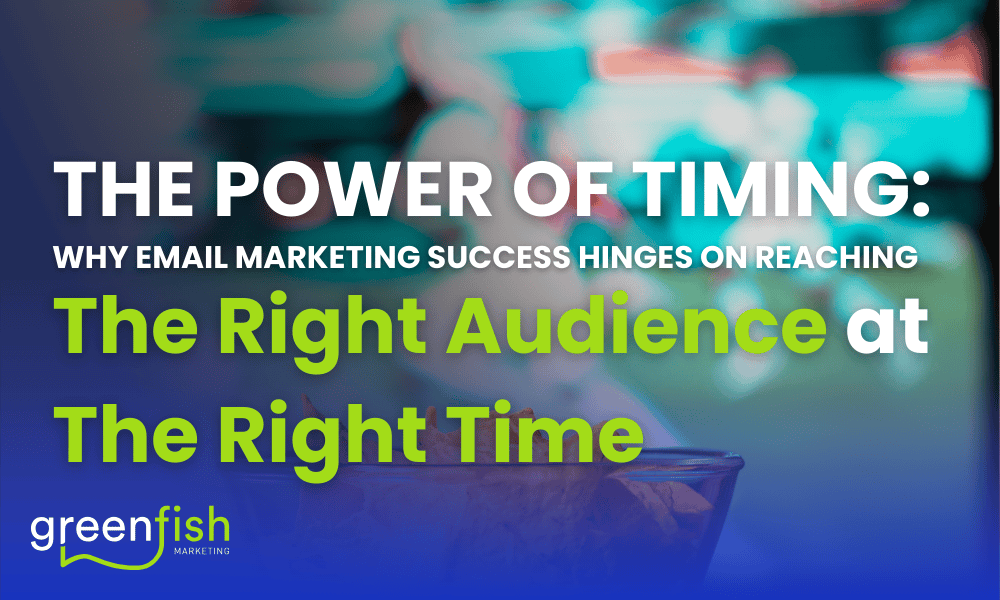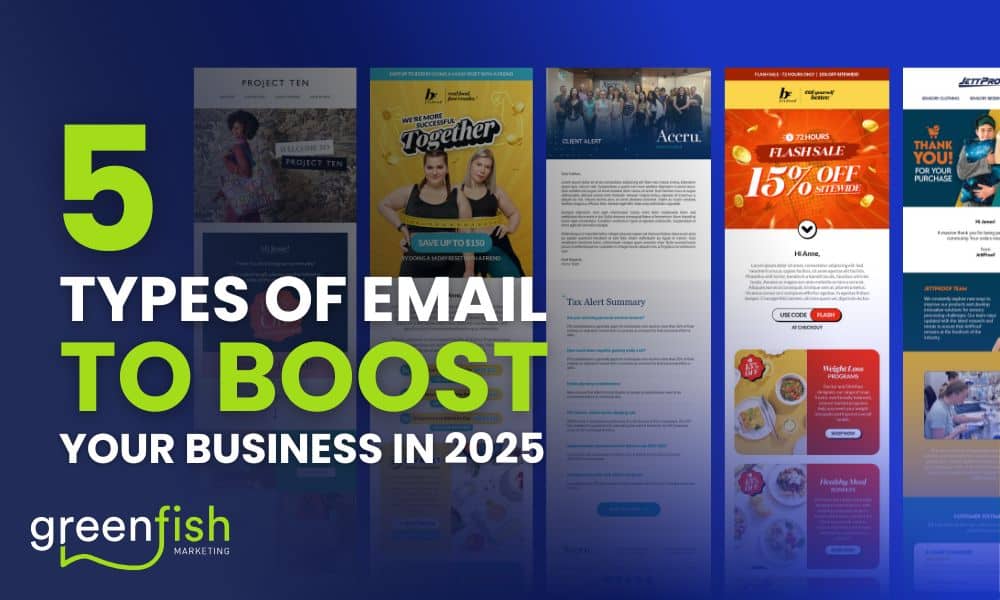Lead scoring is essentially the “in between”. It’s what connects marketing – where you generate interest, awareness and opportunities – and sales, which is where you close the deal and get the money in the bag. It’s what helps you ensure that you are spending time and resources on the right people at the right stage of your funnel.
It’s kind of a big deal.
Lead scoring can also be a bit challenging because there is so much information out there on the internet. And some of it connects and helps you work out what it is and how to do it in your business and some of it, well, doesn’t.
A lot of the lead scoring information on the internet is proprietary – which means it’s designed to explain and or demonstrate the way a particular piece of software or consultant’s strategy works.
While life – and certainly sales and marketing – will never truly be a a “one size fits all” affair, we’ve developed the Ultimate Lead Scoring Guide that can help you no matter which tools, applications or methodologies you’re using.
Here’s the tips and tricks we’ve learned after almost seven years in the digital marketing business, tracking and communicating literally millions of leads for and with our clients.
You Need To Track To Score
Lead Tracking is an essential link in the chain. It’s hard to score what you’re not keeping track of. You can do this manually, but it’s going to be more powerful if you have a properly optimised – and automated – CRM.
It’s not just keeping track of who you’re trying to sell to. It’s also tracking their behaviour. Do they visit your website and engage with your content while they’re there? Do they download your resources and watch your videos? Do they open your emails? Have they purchased from you before?
Having access to this information is fundamental to lead scoring as this is what you attach numerical scores to help you understand where people are really “at” when it comes to their willingness and readiness to buy from you.
You Need To Know Your “Who”
We often talk about knowing your “why” but knowing your who is the most important step to being able to score your leads. This should be developed with a combination of customer personas and profiles. Personas are fictional, but detailed. They’re your dream customer.
But if you’re a baker, it’s not just “people who buy bread” it’s “Belinda, 35 year old mum of two who works in the city; loves the convenience of sandwiches but cares about nutrition so chooses pantry staples based on health benefits not price”.
That way your marketing team knows not to go out with messaging like “find our white sandwich bread at every petrol station”, they could say “hearty whole grain sandwich loaves that taste like white bread, available everywhere you shop and stop”. See the difference when you know who you’re talking to? Imagine how much better the leads would be when you target your messaging to the right people.
Customer profiles are how you categorise and segment your contacts customers within your database. They’re also the foundation for your lead scoring efforts.
You Need To Know The Journey To Purchase
Most lead scoring systems work off a number between 0 – 100 with 0 being “disengaged, not interested” and 100 being “about to sign the dotted line or hit checkout now”.
Makes sense, right?
There’s another key factor you need to know. What does the pathway to purchasing with you look like?
How do people find out about your business? What happens between that initial awareness stage and the purchasing decision being made? Are certain markers along the way more profitable than others.
You have to understand both the way that people come to make their purchasing decisions with you, and which of those points are the highest value.
For example, you might find that customers who discover your brand via a google search are more engaged and likely to buy than people who visit your display at a trade show or exhibition so you might give web search leads a score of 15 for that activity while trade show attendees get 10. Email subscribers who open x% of your emails might be closer to purchasing than those who only open y% so again, the numerical score would shift to reflect a higher score for the more valuable behaviour.
You Need To Know When To Call Time On A Lead
Lead decay is also a crucial step to having a robust (and profitable) lead scoring system that helps your business sell more. While the scores you attach to a potential customer’s demographics or behaviours might make them a lead worth putting more resources into, it’s not a foolproof guarantee they’ll convert.
Make sure you have a process in place to assess your leads and lower their score – or remove them all together – too. Some customers and leads do just need little extra nurturing to help them make their decision, others just aren’t going to buy right now (if at all) so track and score that behaviour too and don’t be afraid to deduct points from their Lead Score as you do so.
Sometimes you need to put people through a sunset campaign, which is basically a “goodbye” email sequence where you give them the opportunity to re-engage with your brand before removing them from your database. Don’t be too quick to do this though – if someone does engage positively with your content without buying from you it doesn’t mean they don’t have value, it just means they’re not personally spending money with you. You just want to omit the ones who really don’t seem interested in what you do anymore.
We’re Here To Help
If you want to find out more about Lead Tracking and how it can help your business make more money, book a free Strategy Call with the Greenfish Marketing team. This is not a sales call, it’s genuine time spent talking with you about your business, your goals and some steps you can implement right away. Schedule yours now.



